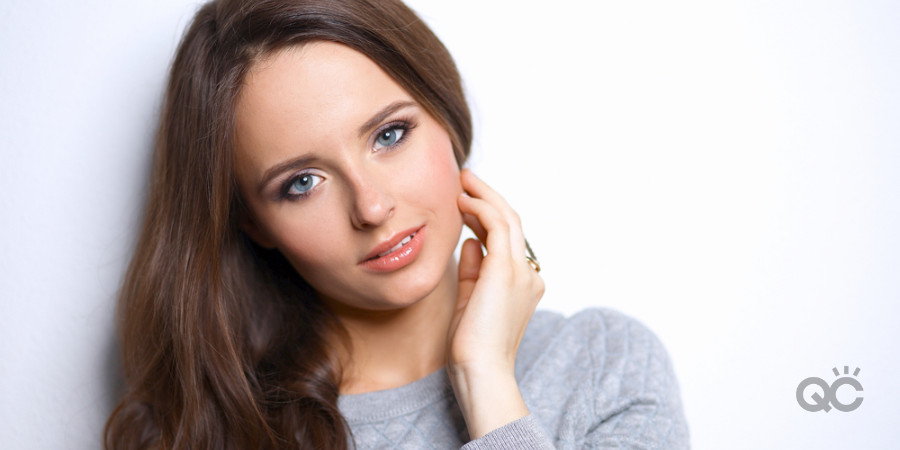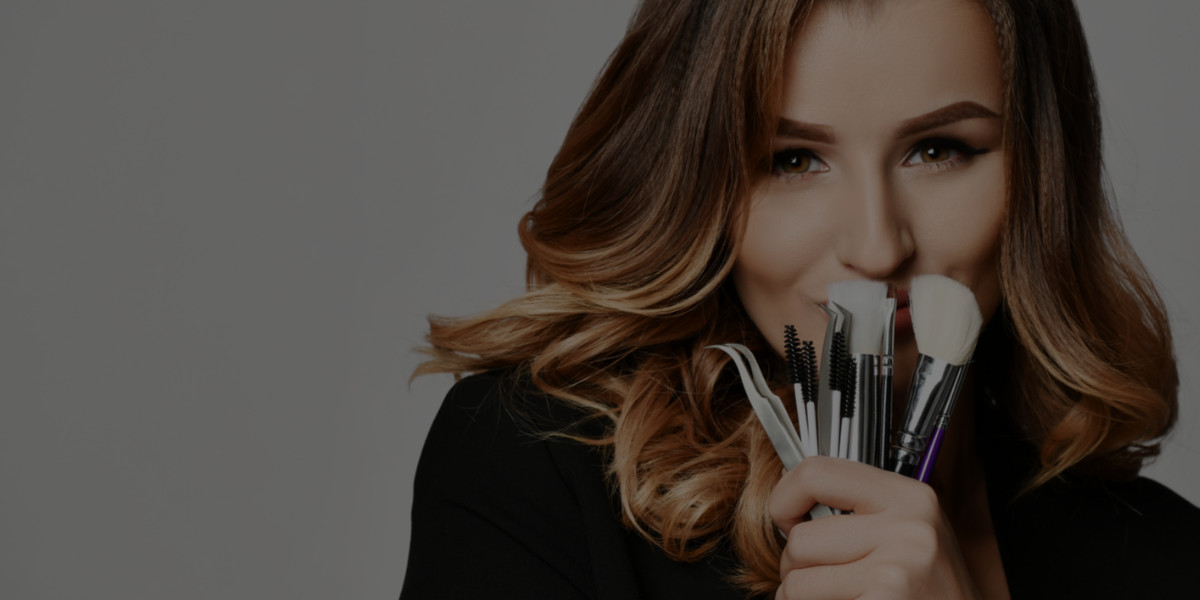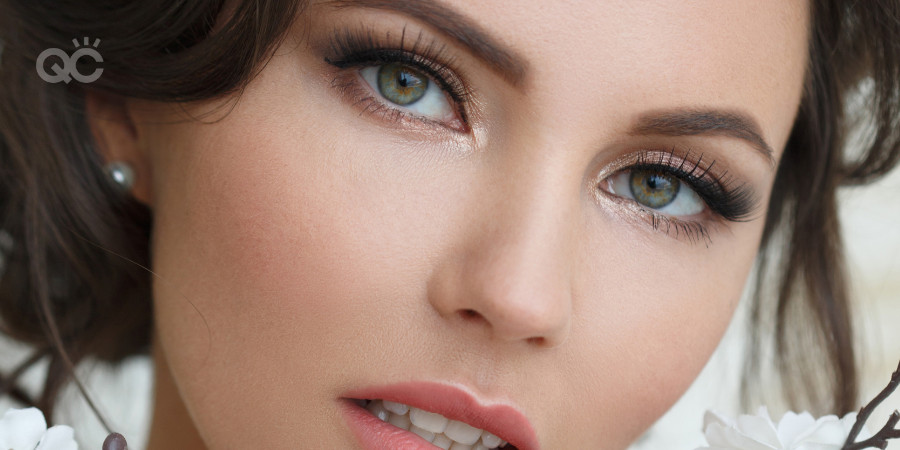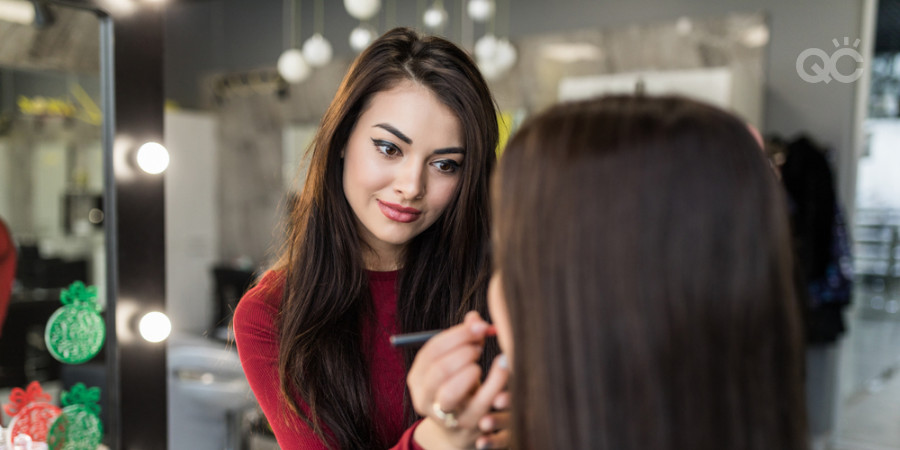Getting professional makeup training is only half the battle. When you’re looking for paying makeup jobs, you may see the words “makeup license” and “makeup certification” being used interchangeably in the makeup artist job description.
But the truth is, there is a huge difference between the two. Depending on where you live, you may need a makeup license in order to start your own makeup artistry business. In these regions, you may also need a license to work for a makeup counter like Mac or Sephora.
The key word here is “may”! In many regions around the world, you won’t need a license at all. Why spent thousands of dollars earning a license you don’t necessarily need?
Keep reading to find out what a makeup license is and whether you need it to become a professional makeup artist!
What is a makeup license?
Makeup licenses are just like a driver’s license—you study hard and then take a test to see if you’ve earned your license. However, makeup artistry isn’t like driving because you don’t always need a license everywhere.
Makeup licensing boards exist, but they aren’t the be-all and end-all of the makeup industry. Not every region or state requires practicing makeup artists to possess a license! Depending on where you are, you might even be able to set up a makeup business without any formal training—but we definitely don’t recommend it! Working on clients when you have no experience can only end in disaster.
So, what does all this mean for you? You’ll need to do some research to figure out if you’re affected by licensing in your area….
Do I need a makeup license?
Most makeup artists don’t know if they need a license when they’re just starting out since the rules vary from place to place. When you’re starting your career as a makeup artist, do your research into local regulations. Sometimes, all you have to do to get your makeup license is to pass an exam. While the internet is a great source of information, oftentimes government regulations can be a bit confusing. We suggest calling your local government and speaking directly with someone about makeup regulations in your area.
What if I do need one?
If you find out that you do need a license to practice makeup artistry, get some makeup training! The study materials for licensing exams generally do not go into enough detail about makeup artistry techniques to give you a well-rounded education.
What licensing exams do, mainly, is ensure the safety of professionals and customers by covering topics like hygiene and sanitation. Although you’ll cover these in your makeup artistry classes, it’s important to show the licensing board that you know your stuff!
Makeup License vs. Makeup Certification
Check out these key differences between a license and a certification before deciding on a makeup course.
Makeup Artist Licenses
Licensed makeup artists generally take training through cosmetology schools. Cosmetology and esthetics programs will go beyond just makeup. Expect extensive training in doing permanent chemical treats to hair, skin, and nails. Cosmetologists and estheticians must attend state-certified licensing schools where the makeup portion of their education is lumped into these courses.
The downfall? Learning makeup artistry as a subset of cosmetology doesn’t provide focused education about the makeup industry. You’ll learn some basic practices and techniques, but you won’t get the in-depth makeup education necessary to be a master in the art. In these programs, you’ll graduate ready to make hair or skin your primary service, not makeup.
It might be worth it to be licensed as a cosmetologist if you want to pursue more than just makeup, but keep in mind that a lot of experienced cosmetologists take additional makeup courses to refine their skills!
Makeup Artist Certifications

Getting certified as a professional makeup artist can do wonders for your makeup business. Essentially, it’s proof that you’ve dedicated your effort and time into refining your skillset. Depending on your career goals, you may take an array of specialty courses that can help you define your niche in the industry. Having a physical certificate from an accredited makeup school to show clients and employers is an amazing confidence booster. Plus, with schools going online these days, you have a wider and more affordable selection of makeup courses!
Pro Tip: If you’re starting your own makeup business, having special training can help you boost your makeup salary!
Which one is best?
Again, it comes down to what you want for your makeup career as well as what your locality says you need to have to become a makeup artist. If you want to do makeup and hairdressing, you’ll likely need a cosmetologist license. However, some regions state a difference between hair styling and hairdressing. You may not even need a license after all!
To become a successful makeup artist, your priority should lie in finding a course that emphasizes practical experience. Knowing makeup theory isn’t always enough to create the perfect winged liner! Constant practice will improve your skills only if you are using the right techniques. So make sure you find a course that emphasizes both theory and hard skills—you can thank us later!
Did we miss any details? Let us know!



Hi.i got a make up artist certificate from Peggy sage brand for 9 years ago back in Sweden .Unfortunatly I lost my certificate and do not have any access to the teacher I did my training with.I moved even from Sweden and don’t know how to get it back.so please if you have any clue about how get my certificate back please contact me.thanks